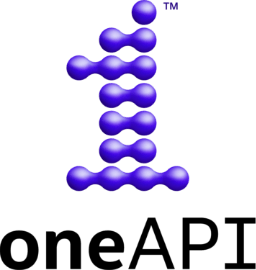Join us for hands-on tutorials, tech talks, and panels spanning the oneAPI programming model, AI analytics, performance analysis tools and libraries with global Industry experts from Berkeley, Argonne, NASA, Codeplay, University of Lisbon, University of Edinburg and more. Get the latest information on Intel® oneAPI Toolkits since their initial production release in late 2020.
oneAPI DevSummit at SC 2021












































